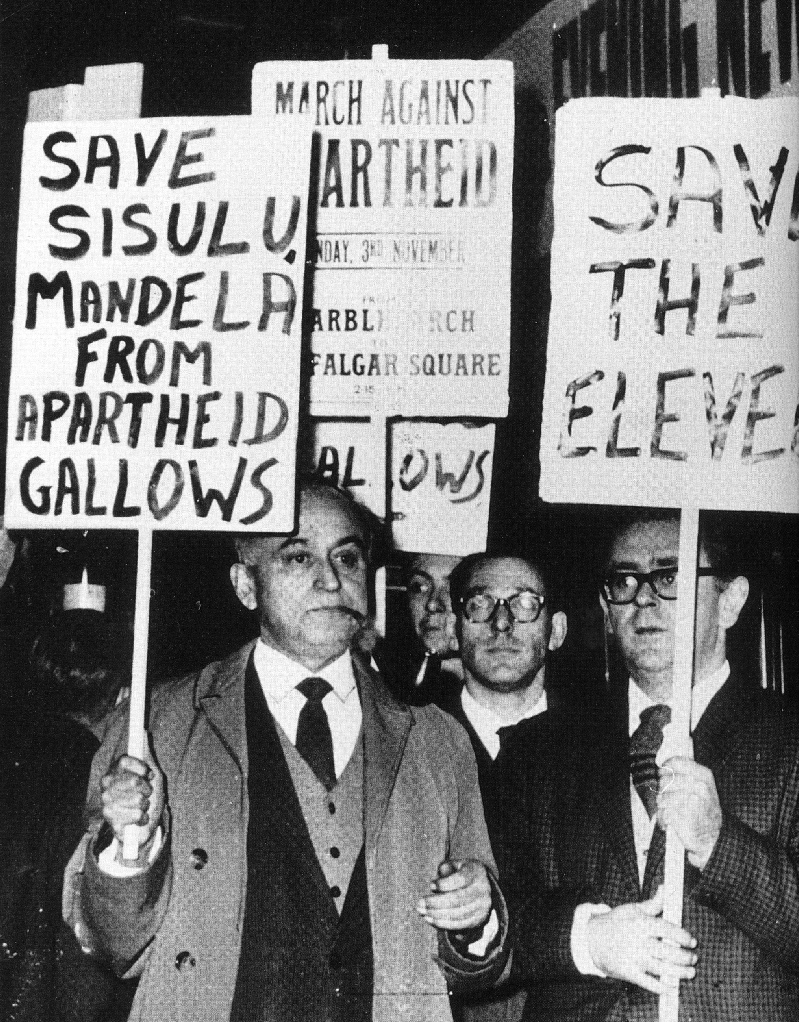A South African Freedom Fighter and Anti-Apartheid Leader
Yusuf Dadoo, a prominent South African activist, remains a towering figure in the struggle against apartheid. Born on September 5, 1909, in Krugersdorp, Dadoo dedicated his life to fighting for the rights and freedoms of South Africa’s oppressed communities. His unwavering commitment to social justice and equality made him one of the most respected leaders in the country’s history.
Early Life and Political Awakening
Dadoo’s political journey began at a young age when he witnessed the harsh realities of racial discrimination in South Africa. He pursued his medical studies in the United Kingdom, where he was exposed to socialist ideologies and the anti-colonial movements sweeping across Europe. Upon his return to South Africa in the late 1930s, Dadoo joined the Indian Congress, becoming an influential voice against the oppressive laws targeting Indian and African communities.
Role in the Anti-Apartheid Struggle

As a leader, Dadoo played a crucial role in uniting various anti-apartheid forces. He was instrumental in forming alliances between the South African Indian Congress (SAIC) and the African National Congress (ANC), advocating for a united front against the apartheid regime. His strategic thinking and charismatic leadership helped mobilize thousands of people across racial lines, making the fight against apartheid a collective struggle.
Dadoo’s commitment to non-racialism and unity was evident in his collaboration with other key figures such as Nelson Mandela and Walter Sisulu. He was also deeply involved in drafting the Freedom Charter in 1955, a seminal document that outlined the vision for a democratic South Africa.
Exile and Continued Activism
In the early 1960s, facing increasing persecution by the apartheid government, Dadoo went into exile. Despite being far from home, his resolve never wavered. From abroad, he continued to be a significant force in the anti-apartheid movement, serving as the chairperson of the South African Communist Party (SACP) and working tirelessly to garner international support for the liberation struggle.
Dadoo’s leadership extended beyond South Africa, as he built strong alliances with global anti-imperialist movements and socialist countries, advocating for economic sanctions and boycotts against the apartheid regime. His efforts were crucial in raising global awareness about the injustices in South Africa.
Legacy and Impact
Yusuf Dadoo passed away on September 19, 1983, but his legacy as a freedom fighter endures. His life’s work serves as a testament to the power of unity, resilience, and unwavering commitment to justice. Today, Dadoo is remembered as a key architect of the anti-apartheid struggle, whose vision and actions helped pave the way for a free and democratic South Africa.
Dadoo’s contributions continue to inspire new generations of activists fighting for human rights and equality around the world. His story is a reminder that the struggle for justice is a shared responsibility that transcends borders, races, and ideologies.



